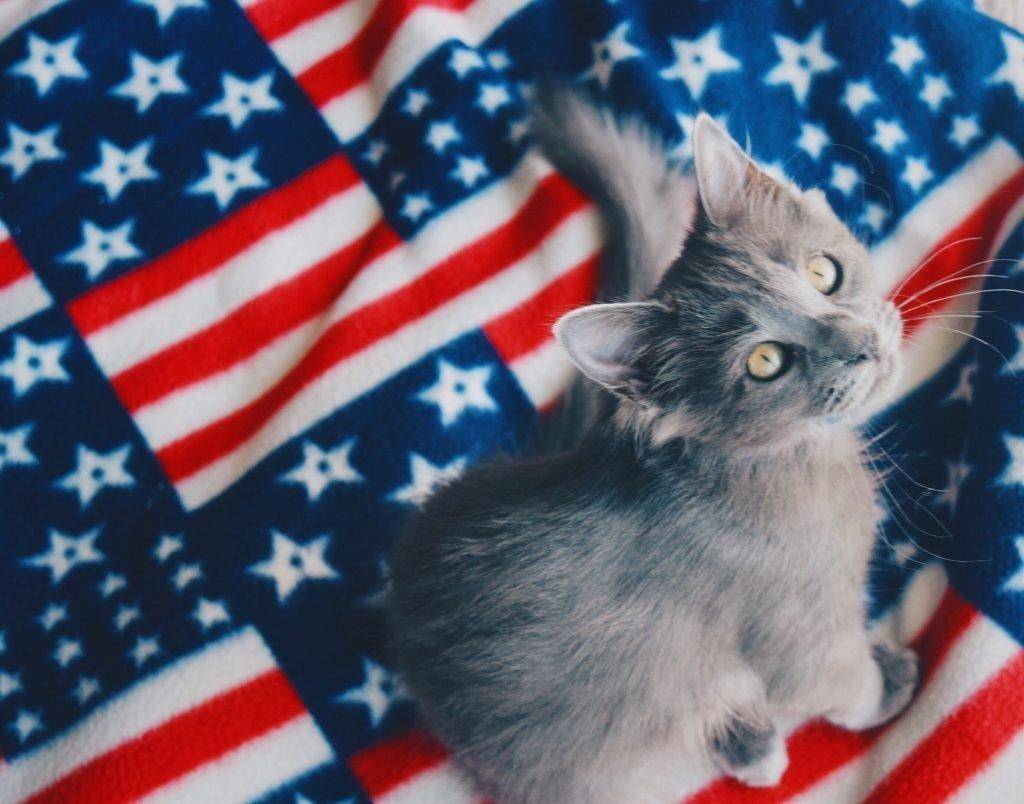July 5 has been reported as the busiest day of the year for animal shelters across the nation by the American Humane Association. This is due to pets that have panicked at the noise of fireworks that are set off during Independence Day celebrations. Oftentimes, when the animals panic, they flee, ending up lost or injured, sometimes fatally. Thankfully, the prevention of this occurrence is easy and is the responsibility of pet owners to their furry friends.
Preventative measures before the festivities begin are prudent in ensuring disaster does not occur. They can also assist in locating and returning your animal to their home in the event that they do run away. Up-to-date identification tags should be present on your cats and dogs. With larger animals such as horses, safety halters may also be marked with contact information. Micro-chipping is also a great way to ensure that your pet is easy to locate. It is also suggested to take a current photo of your pet for easy identification by others.
If your pet is one that you have owned for quite some time and they are known to get nervous during loud celebrations, behavioral therapy is an option that may desensitize your pet and reduce future risks. Medication has also been used in certain situations to help calm an animal if they have extreme reactions. While it is safest to keep your animals indoors during the holiday, they may find ways to slip away. Checking your fences and kennels to be sure there aren’t any weak spots, gaps or holes will keep them in place. It is also safest to leave your pet at home, secure and with plenty of water, when planning on traveling or attending events.
However, the danger of a pet reacting in a negative way to fireworks is not the only risk that they face during the Fourth of July. Many animal activist organizations suggest keeping animals away from hot barbecuers, sun screens, bug sprays and glow sticks. Checking your yard and the surrounding area after at-home celebrations for firework debris, skewers, leftover food and more will help to keep your pet safe and healthy.

